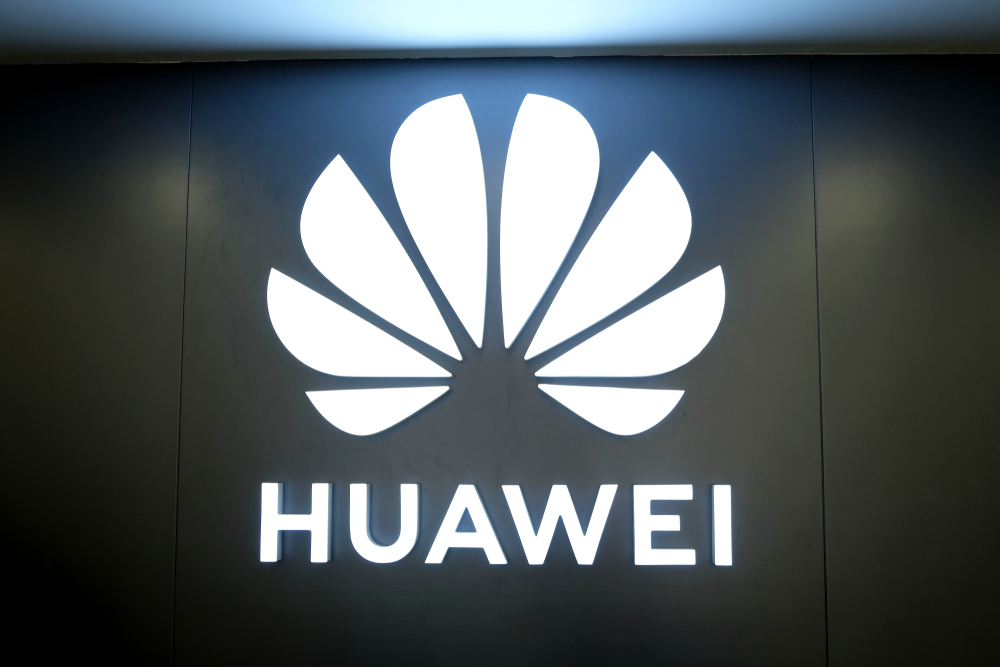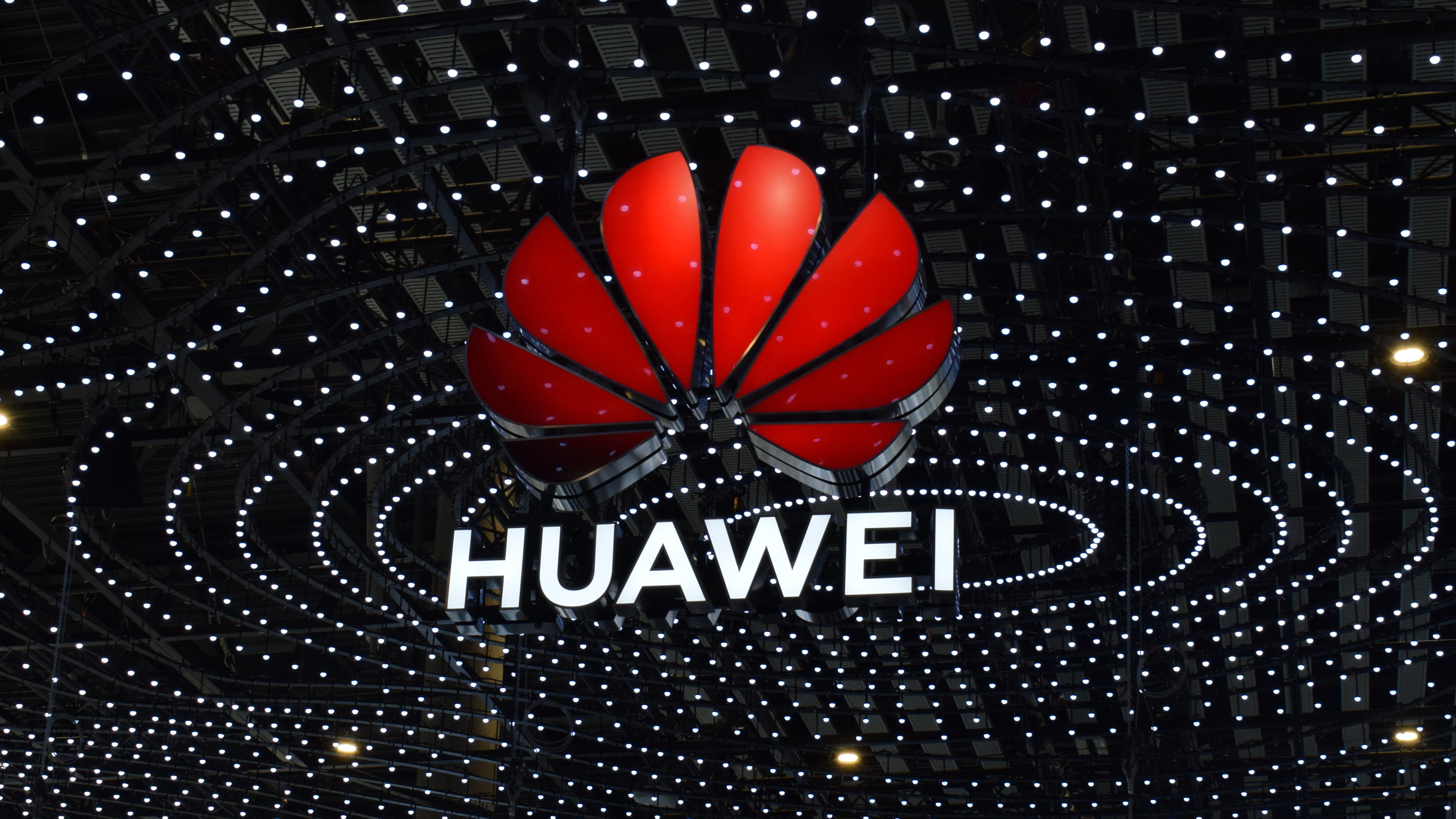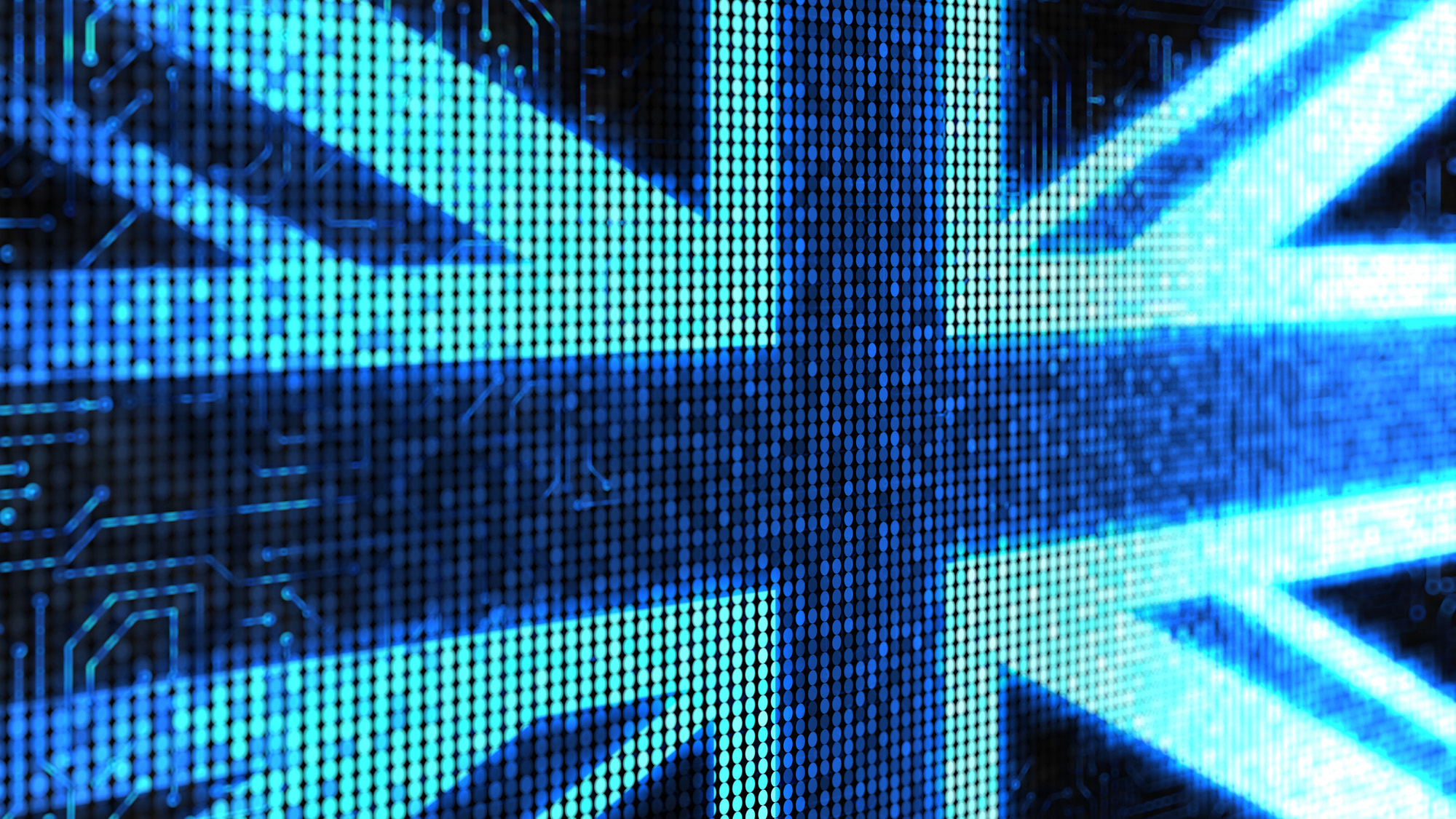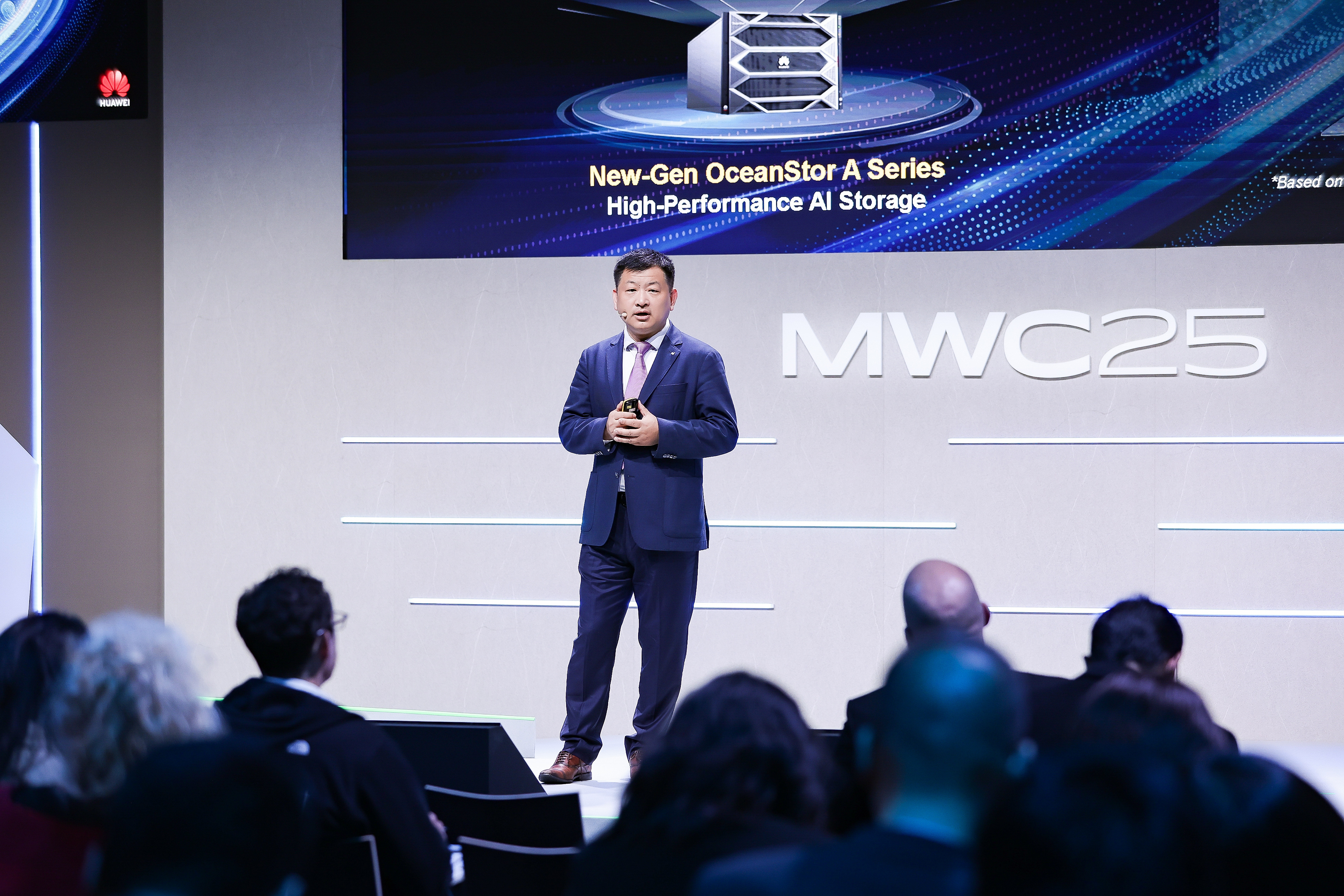Trump's election defeat isn't going to get Huawei back in the UK
The UK's decision to drop the Chinese firm from 5G networks was largely based on its competence


The UK's government has u-turned on so many things in 2020 that it's hard to know which decisions -if any - it will actually stick to. It almost resembles a Lazy Susan, slowly changing firm rebuffs into pitiful acceptances within a month or so. And, like lockdowns, furloughs and feeding poor children, Huawei seems to sense its own reprieve coming around.
Clearly emboldened by the electoral defeat of Donald Trump, the embattled Chinese firm wants the UK's government to reverse its decision to remove all of its equipment from the country's 5G networks by 2023.
"The decision was a political one motivated by US perceptions of Huawei and not those of the UK," Huawei's vice-president Victor Zhang told The Guardian. "This is not really motivated by security, but about a trade war between the US and China."
These so-called 'Trumped-up' accusations may have had some influence on our indecisive Prime Minister, Boris Johnson. The swell of Tory rebels who called for the Chinese firm to be ditched may also have impacted the decision. However, Huawei's call assumes that the UK's decision was based solely on those concerns.
The Huawei Cyber Security Evaluation Centre (HCSEC) found that the Chinese firm failed to comply with "its own secure coding guidelines" during an incident which likely led to a vulnerability "of national significance". That's from a centre owned by Huawei but which is directed by the UK's National Cyber Security Centre (NCSC). It didn't find state-sponsored surveillance, it found "sustained evidence of poor coding practices" - essentially, incompetence.
It's not exactly evidence of Ren Zhengfei in cahoots with the People's Republic of China. They haven't been caught embedding backdoors into the UK's 5G networks. They've simply been found wanting from a security perspective. So, by all means, the government can revisit the decision, but this isn't about Donald Trump and his mad ideas: it's about reassurance that Huawei is up to the job.
There are also pretty strong arguments for not reversing the decision. While it might cost the government in the short term, removing the biggest provider does open up the space for smaller businesses and greater competition, and it also gives a chance to more local startups. Until the ban, Huawei was potentially on course to be for 5G what Google is to search.
Sign up today and you will receive a free copy of our Future Focus 2025 report - the leading guidance on AI, cybersecurity and other IT challenges as per 700+ senior executives
The damage caused by having a giant provider squashing competition should be especially obvious to Huawei. The company's smartphone sales have gone south, partly thanks to the fact that it can't use Google Play services, and there aren't that many viable alternatives to the Android mobile operating system.
I've previously argued for the US trade sanctions to be lifted, because it ruined the otherwise-excellent P40 and Mate 40 smartphones without addressing the problem of national cyber security. However, I can't say the same for the UK's ban. Unlike Trump's trade sanctions, I don't think Boris' Huawei blockade should be reversed, because it might actually end up being one of the few decisions that he actually got right.
Bobby Hellard is ITPro's Reviews Editor and has worked on CloudPro and ChannelPro since 2018. In his time at ITPro, Bobby has covered stories for all the major technology companies, such as Apple, Microsoft, Amazon and Facebook, and regularly attends industry-leading events such as AWS Re:Invent and Google Cloud Next.
Bobby mainly covers hardware reviews, but you will also recognize him as the face of many of our video reviews of laptops and smartphones.
-
 Microsoft unveils Maia 200 accelerator, claiming better performance per dollar than Amazon and Google
Microsoft unveils Maia 200 accelerator, claiming better performance per dollar than Amazon and GoogleNews The launch of Microsoft’s second-generation silicon solidifies its mission to scale AI workloads and directly control more of its infrastructure
-
 Infosys expands Swiss footprint with new Zurich office
Infosys expands Swiss footprint with new Zurich officeNews The firm has relocated its Swiss headquarters to support partners delivering AI-led digital transformation
-
 Using innovation to propel business success
Using innovation to propel business successHuawei has demonstrated an innovation-first approach to business for decades, across proprietary and open source technologies
-
 UK government to fund regional tech programs up to £20m
UK government to fund regional tech programs up to £20mnews Local and regional partnerships invited to bid for support for established or developing projects
-
 Government’s ‘Humphrey’ AI tool helps local authorities cut costs
Government’s ‘Humphrey’ AI tool helps local authorities cut costsNews The Minute tool, part of the Humphrey AI assistant, is being trialled at 25 councils
-
 The UK government hopes AI will supercharge public sector digital transformation – IT leaders aren’t so sure
The UK government hopes AI will supercharge public sector digital transformation – IT leaders aren’t so sureNews Research from SolarWinds shows public sector transformation is progressing at a snail's pace despite IT leaders pushing for rapid improvements.
-
 Starmer bets big on AI to unlock public sector savings
Starmer bets big on AI to unlock public sector savingsNews AI adoption could be a major boon for the UK and save taxpayers billions, according to prime minister Keir Starmer.
-
 Huawei’s Peter Zhou on the future of data storage to accelerate business digital transformation
Huawei’s Peter Zhou on the future of data storage to accelerate business digital transformationSponsored Content Storage in the era of AI will create new challenges for cold and warm data
-
 UK government targets ‘startup’ mindset in AI funding overhaul
UK government targets ‘startup’ mindset in AI funding overhaulNews Public sector AI funding will be overhauled in the UK in a bid to simplify processes and push more projects into development.
-
 Doing business under US sanctions: a Huawei success story
Doing business under US sanctions: a Huawei success storyAnalysis Doubling down on R&D, diversifying its business, and seeking out ripe new markets – the resurgence of Huawei carries lessons for all businesses
